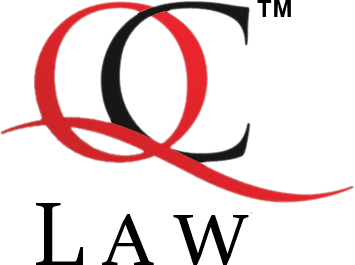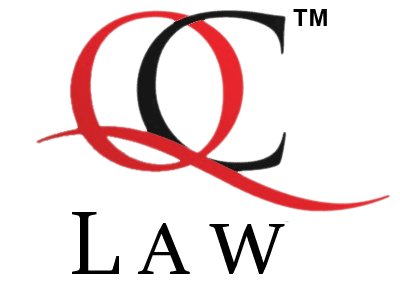Enduring Power Of Attorney & Advanced Health Directive
What is an Enduring Power of Attorney?
An Enduring Power of Attorney (EPOA) appoints someone you trust (known as your Attorney) to make decisions on your behalf in the event that you become incapacitated, or you are unable to make decisions for yourself. These decisions can be financial, personal / health or both. You can also appoint more than one attorney and they can be appointed jointly, severally, or successively.
For financial matters your EPOA can begin immediately, at a nominated date or when you become incapacitated. For your personal / health matters your EPOA only becomes effective on your incapacity as determined by one or more doctors, which can be nominated at your discretion.
Do I need an Enduring Power of Attorney?
Our Estate lawyers here at QC Law Gold Coast recommend that everyone over the age of 18 years have an Enduring Power of Attorney as part of your Estate and Succession Plan. If you do not have an EPOA, you may not have the person in which you trust handling your financial and personal affairs at a time you may need them most.
What is the difference between financial matters and personal/health matters?
Financial matters relate to your financial, property and legal matters which could include paying expenses, making investments, selling property or carrying on your business.
Personal matters relate to decisions relating to your personal circumstances such as where you should live. Health matters relate to medical decisions, medical treatment and healthcare in general.
The Attorney’s roles and responsibilities
The attorney is bound by the Powers of Attorney Act 1998 QLD. Your attorney has many responsibilities and roles in which they must undertake some of which are:
Advance Health Directive
What is an Advance Health Directive?
An Advance Health Directive is a document that states your wishes or directions regarding your future health care for various medical conditions. It comes into effect only if you are unable to make your own decisions. You may wish your directive to apply at any time when you are unable to decide for yourself, or you may only want it to apply only if you are terminally ill.
Can anyone make an Advance Health Directive?
Yes, anyone who is over 18 years of age and has capacity to understand the nature of their directions and can foresee the effects of those directions, can generally make an Advance Health Directive.
What do I need to consider before making an Advance Health Directive?
You should.
- think about your views, wishes and preferences for your future health care.
- talk to your family and friends.
- talk to your doctor and they:
- will have access to your medical history.
- can help you understand how a particular illness may affect you.
- can discuss treatment options and the effects of those treatments.
The purpose of an Advance Health Directive is to give you confidence that your wishes regarding health care will be carried out if you cannot speak for yourself.
A doctor will need to complete part of the form, so you can ask them to explain your options and any unfamiliar terms. The doctor will assess your capacity to make the advance health directive and may charge a consultation fee.
After your doctor signs, you need to sign the form before a qualified witness, which we can assist you with, call QC Law’s Estate lawyers today.


